Harvard Study: U.S. Government Is Its Own Worst Enemy
A new analysis outlines why voters are frustrated with their political leaders: Republicans and Democrats lack competition to deliver results.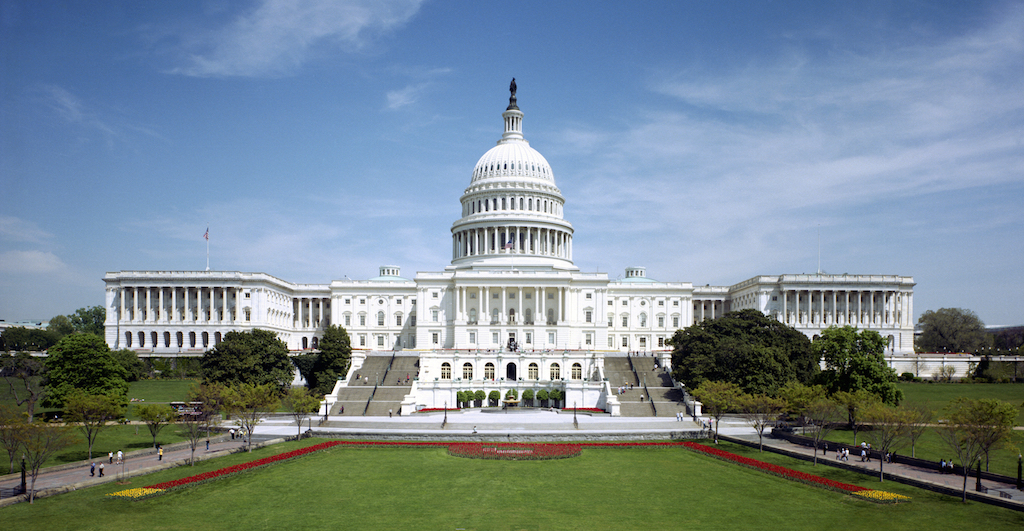 The United States Capitol. (Wikimedia)
The United States Capitol. (Wikimedia)
WASHINGTON—A new analysis by the Harvard Business School outlines why U.S. voters are so frustrated with their political leaders: There is a lack of genuine competition between Republicans and Democrats to deliver actual results on major policies such as education, health care, taxes and infrastructure.
The two major U.S. political parties have distorted the rules of elections and the legislative process to avoid competing directly with each other, according to the analysis released Wednesday.
This has created a political leadership that increasingly emphasizes differences rather than common goals, while focusing more on the interests of donors, special interests and primary voters than the country as a whole. If the competition was healthy between the parties, the analysis said, political leaders and policymakers would be competing to deliver better outcomes for voters and also be held accountable for any results.
“The political system is now America’s most fundamental weakness and it used to be one of our greatest strengths,” said Michael Porter, a Harvard professor and economist who co-authored the analysis. “The system is designed not to collaborate, not to find common ground.”
The findings build on previous surveys and reports by Harvard Business School on declining U.S. competitiveness compared to much of the world. The political system, infrastructure, taxes, health care and education were each identified as weaknesses for the U.S. economy that are worsening.
Academic research has shown that the broader U.S. economy is becoming less competitive, with profitable companies becoming less likely to make new investments and a decline in the rate of entrepreneurs forming new companies. But the Harvard analysis suggests that government dysfunction helps to explain why many Americans and business leaders feel that the United States is slipping.
Multiple surveys show a level of voter dissatisfaction with the status quo. Congress holds an approval rating of just 16 percent, according to survey data released Wednesday by the Gallup Organization. The House and Senate received equally abysmal ratings from Republicans, Democrats and unaffiliated voters. Several surveys show that the majority of Americans disapprove of President Donald Trump.
Some voters in 2016 elected Trump on the hopes that he would break the dominant grip of both political parties. But after a series of bold promises, his administration has struggled to move any major bills through Congress that would meaningfully help the business environment in the long-term. Both Porter and his co-author Katherine Gehl, the former head of Gehl Foods and a political activist, said that Trump’s election did little to create a healthier competition among political leaders.
The analysis includes recommendations to change the election process so that states have a single primary ballot and allow the top four vote-getters to then participate in the general election, as well as redistricting to prevent candidates from gerrymandering, rewriting campaign finance rules and starting a commission to develop new rules for legislatures.
Your support matters…Independent journalism is under threat and overshadowed by heavily funded mainstream media.
You can help level the playing field. Become a member.
Your tax-deductible contribution keeps us digging beneath the headlines to give you thought-provoking, investigative reporting and analysis that unearths what's really happening- without compromise.
Give today to support our courageous, independent journalists.


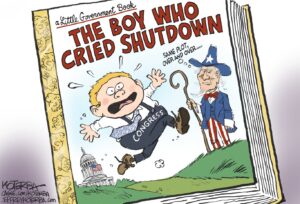
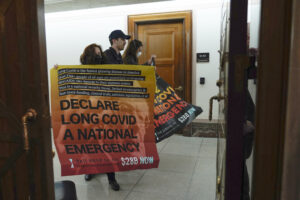

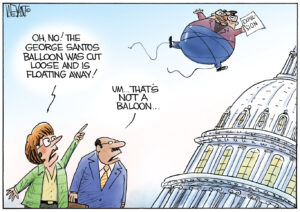
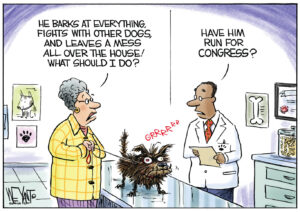


You need to be a supporter to comment.
There are currently no responses to this article.
Be the first to respond.